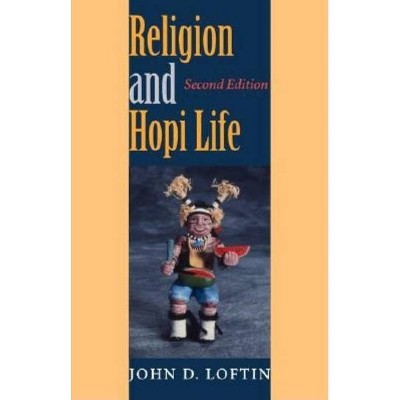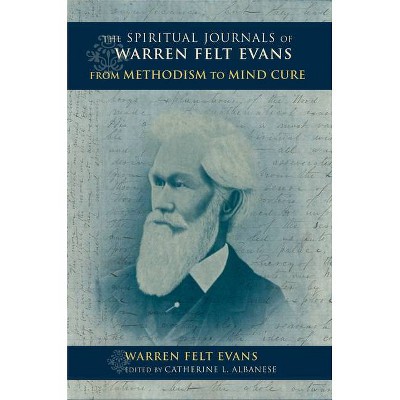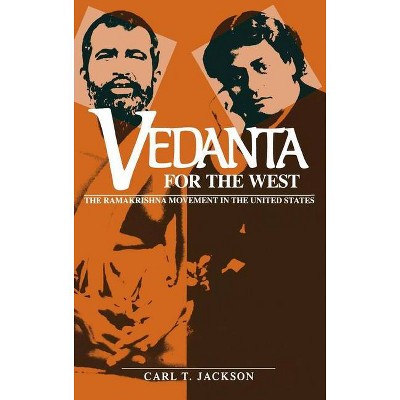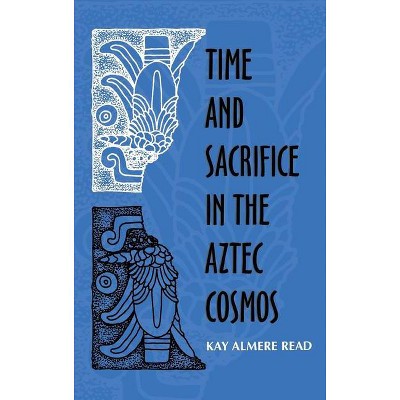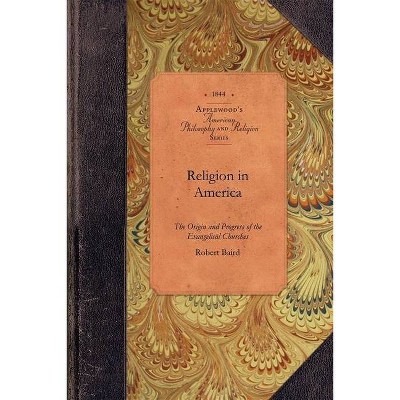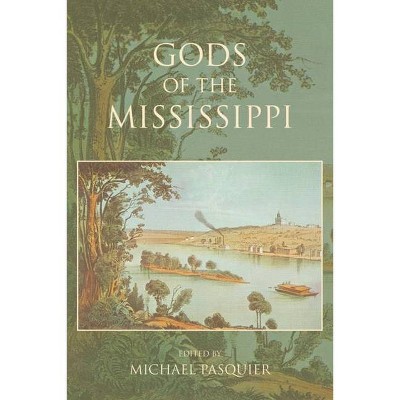Dr. John Harvey Kellogg and the Religion of Biologic Living - (Religion in North America) by Brian C Wilson (Hardcover)
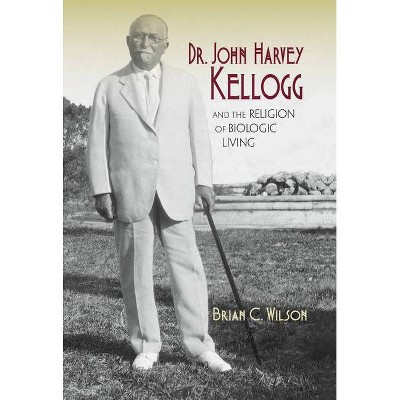
Similar Products
Products of same category from the store
AllProduct info
<p/><br></br><p><b> About the Book </b></p></br></br>With the fascinating and unlikely story of the "Sanas a backdrop, Wilson traces the development of this theology of physiology from its roots in antebellum health reform and Seventh-day Adventism to its ultimate accommodation of genetics and eugenics in the Progressive Era.<p/><br></br><p><b> Book Synopsis </b></p></br></br><p>Purveyors of spiritualized medicine have been legion in American religious history, but few have achieved the superstar status of Dr. John Harvey Kellogg and his Battle Creek Sanitarium. In its heyday, the San was a combination spa and Mayo Clinic. Founded in 1866 under the auspices of the Seventh-day Adventist Church and presided over by the charismatic Dr. Kellogg, it catered to many well-heeled health seekers including Henry Ford, John D. Rockefeller, and Presidents Taft and Harding. It also supported a hospital, research facilities, a medical school, a nursing school, several health food companies, and a publishing house dedicated to producing materials on health and wellness. Rather than focusing on Kellogg as the eccentric creator of corn flakes or a megalomaniacal quack, Brian C. Wilson takes his role as a physician and a theological innovator seriously and places his religion of Biologic Living in an on-going tradition of sacred health and wellness. With the fascinating and unlikely story of the San as a backdrop, Wilson traces the development of this theology of physiology from its roots in antebellum health reform and Seventh-day Adventism to its ultimate accommodation of genetics and eugenics in the Progressive Era.</p><p/><br></br><p><b> Review Quotes </b></p></br></br><br><p>[This] is a well-written, even entertaining story of a classic American religious and medical entrepreneur, whose life illumines many of the tensions and contradictions of the American ethos of rugged individualism, radical reform, professionalism, pragmatism, concern for both physical and spiritual empowerment, moralism, and volunteerism. This work is highly recommended for courses in new religions, North American religious history, and religion and science/health.</p>-- "Religion"<br><br><p>A well-researched biography that seeks to restore the reputation of the doctor satirized in T. C. Boyle's novel The Road to Wellville and in the film of the same name. Wilson has done much more than provide a sympathetic biography of the man who headed the once-famous Battle Creek Sanitarium . . .There's much here to interest both adherents to and skeptics of today's alternative and holistic medicines, as well as fans of American history, especially the history of religions.</p>-- "Kirkus Reviews"<br><br><p>This book is far from a dry intellectual history. Through extensive use of archival sources, Wilson embeds Kellogg's energetic thought in institutional and cultural history, demonstrating that theological ideas never form in a vacuum, but rather are the result of myriad internal and external forces working on a person. In short, Wilson gets to the heart of what made Kellogg a complex and memorable figure.</p>-- "Nova Religio"<br><br><p>While he may look like a certain Kentucky Fried Colonel, Kellogg was an early advocate of a vegan diet and the intriguing figure behind the famous Battle Creek Sanitarium that paved the way for many contemporary ideas of holistic health and wellness. . . .Wilson's lively and accessible writing introduces readers to spiritualism, millennialism, the temperance and social purity movements, Swedenborgians, and Mormons. . . . [A] thought-provoking portrait of a charismatic, intelligent medical doctor who never stopped absorbing new information and honing his theories, even when he was faced with disfellowship from his church and ostracism by friends and colleagues.</p>-- "ForeWord Reviews"<br><br><p>Wilson does an admirable job of portraying how the doctor's beliefs shifted and adapted over time. . . . Readers with a keen interest in religious history, particularly as it relates to health care, will enjoy this biography the most.</p>-- "Library Journal"<br><br><p>Wilson's fresh reading of John Harvey Kellogg illuminates religious and scientific developments that influenced major industries. The book is a welcome addition to literature that connects business and religion.</p>-- "Business History Review"<br><br><p>Wilson's study succeeds admirably in weaving together Kellogg's biographical details with larger currents in American religious thought. . . . As a work of religious history, this study restores Michigan to its rightful place as a hub of American Protestantism and rescues the Kellogg name from its too -narrow association with commercialism.</p>-- "Michigan Historical Review"<br><p/><br></br><p><b> About the Author </b></p></br></br><p>Brian C. Wilson is Professor in the Department of Comparative Religion at Western Michigan University. His publications include <i>Yankees in Michigan</i> and <i>What Is Religion?</i></p>
Price History
Price Archive shows prices from various stores, lets you see history and find the cheapest. There is no actual sale on the website. For all support, inquiry and suggestion messagescommunication@pricearchive.us
